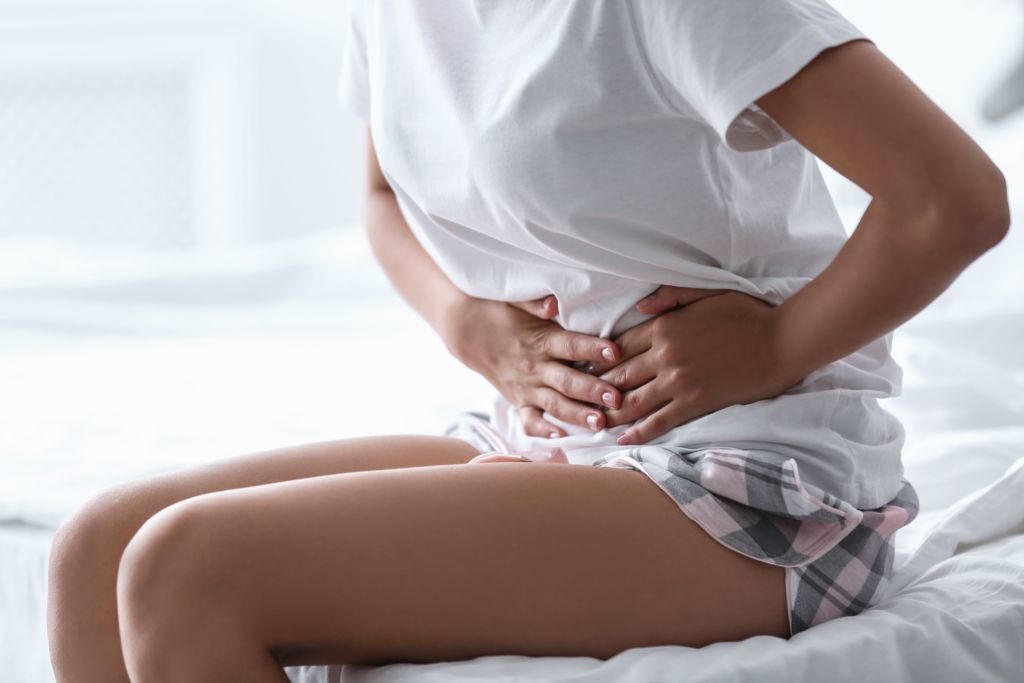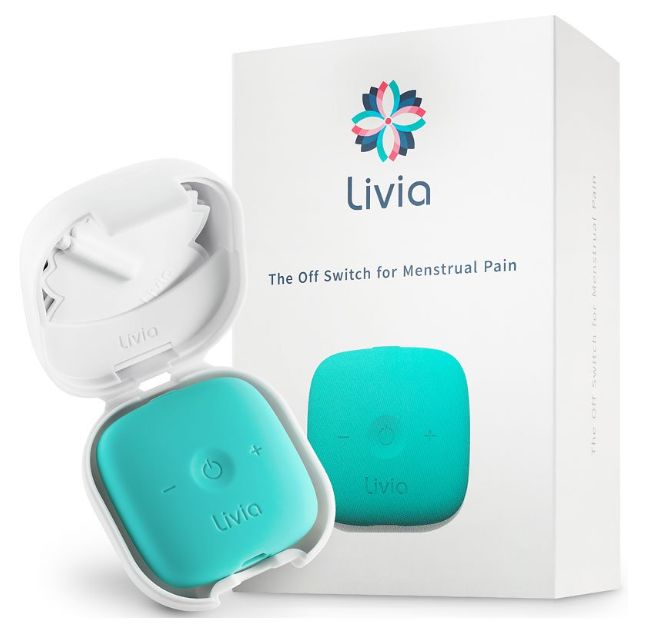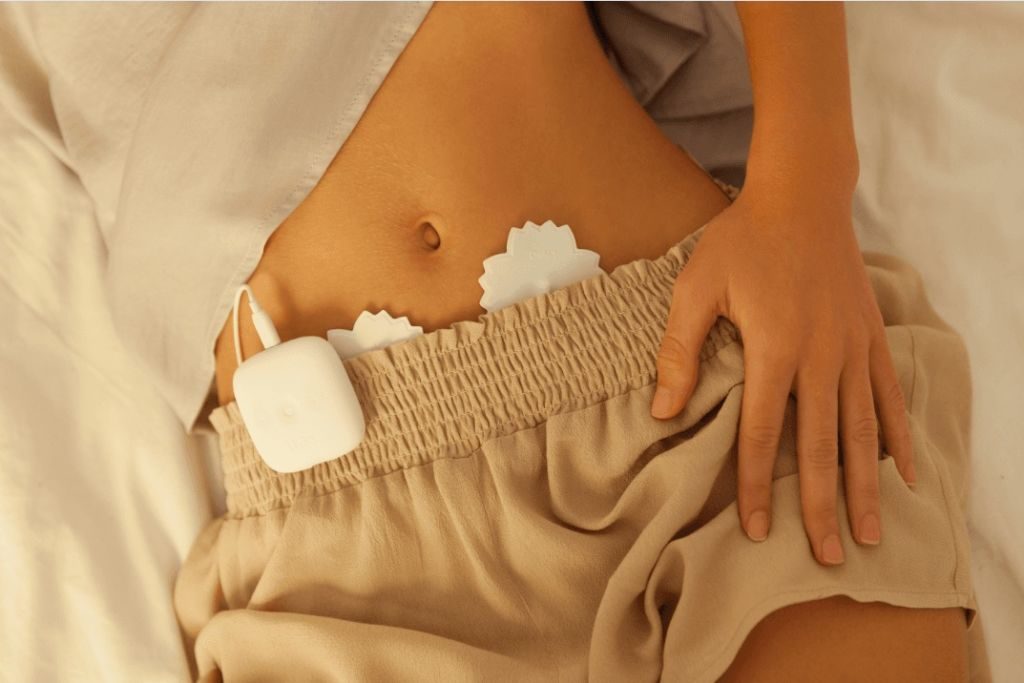No more pain. Period.
Menstrual pain, also known as dysmenorrhea, can range from slight discomfort to complete agony. While many women have experienced the latter, the pains are often dismissed or suffered through in silence, without recognition of just how debilitating the pain can be. That began to change, however, when Professor of reproductive health at University College London, John Guillebaud, was quoted in Quartz saying that the level of pain many women experience during their period each month can be almost as painful as a heart attack.
The story has prompted a larger discussion about period pain and the extent to which some women suffer.
London Drugs Patient Care Pharmacist, Lily Liang isn’t surprised. She says she sees many patients coming into the pharmacy, looking for relief from extremely painful menstrual cramps.
“For many women, the severity of the abdominal pain caused by menstruation makes it difficult for them to perform regular tasks, at home or at work. If this is the case for you, it’s worth speaking with a health professional to see if there are ways to manage the pain.”
Liang says that pain may also be accompanied by nausea, headache, diarrhea or constipation, or other symptoms. Premenstrual symptoms may include irritability, abdominal bloating and fatigue, and can persist throughout the menstrual period.
What Causes ‘Period Cramps’
There are two types of menstrual pain – primary and secondary. Most women experience primary menstrual pain which may start with the first period and continue throughout their life. Primary menstrual pain has no underlying condition. Secondary period pain is caused by an underlying condition in the uterus, such as endometriosis, fibroids or pelvic inflammatory disease.
“It’s best to speak with your doctor first to find out which kind of menstrual pain – primary or secondary – you’re suffering from,” says Liang.
Hormone-like substances, called prostaglandins, are what trigger the uterus to contract. Higher levels of prostaglandins can cause that intense period cramping and pain that many women experience. Usually, period pain decreases with age, however there are many factors that can exacerbate it, like intrauterine birth control devices and tampons. Lifestyle choices such as smoking or excessive alcohol consumption can also make period pain worse.
Over-the-Counter Pain Management
Some symptoms can be relieved by taking vitamins and supplements. Calcium and magnesium may reduce cramping and fluid retention, while Vitamin E may reduce the breast tenderness some women experience during their period.
There are also over-the-counter medications easily accessible in the pharmacy for women who experience pain during their periods.
“If you’re suffering from mild pain, an over-the-counter medication with acetaminophen should be sufficient. For more moderate menstrual pain, nonsteroidal anti-inflammatory drugs, such as ibuprofen and naproxen may be recommended,” explains Liang.
Your pharmacist can counsel you on possible side effects of OTC medications, as well as advise on non-drug treatment options. For example, medications like ibuprofen should be taken with food, and may not be recommended for patients with kidney disease, gastric ulcers or bleeding disorders.
“Getting enough sleep and regular exercise will help with menstrual pains. Good nutrition can also help. Limit your caffeine and sodium intake, as caffeine can interfere with sleep, and salty foods can result in bloating.”
Wearable Tech that Manages Pain
Beyond medications, there are also new, technology-based solutions that promise to help effectively alleviate menstrual pain. Livia, which has just launched at London Drugs, is a new wearable tech device that stimulates the nerves to offer drug-free relief from menstrual cramps. Cosmopolitan Magazine, has even gone so far as to say, “this machine could put an end to your period pain FOREVER!”
While some over-the-counter and prescription medications can take 30 minutes or more to alleviate pain, Livia provides instant relief from the second you turn it on. The technology transmits external pulses to essentially keep the nerves ‘busy’ and block the signals that cause painful menstrual cramps. The device, which is only 55mm x 55mm, comes with a micro USB charging cable and two electrode flower pads which have a pre-applied gel. The plus and minus buttons on the device allow the user to control the intensity. Best of all, Livia can be easily hidden under clothes, so that it can be discreetly worn while out in public.
Livia can be found at London Drugs in both the feminine hygiene and pain relief sections in store as well as online. Between now and July 11th, 2019, when you buy a Livia device at London Drugs, you receive free gel pads.
Need help finding pain relief that is right for you? Come visit us in the pharmacy to speak to a pharmacist!




